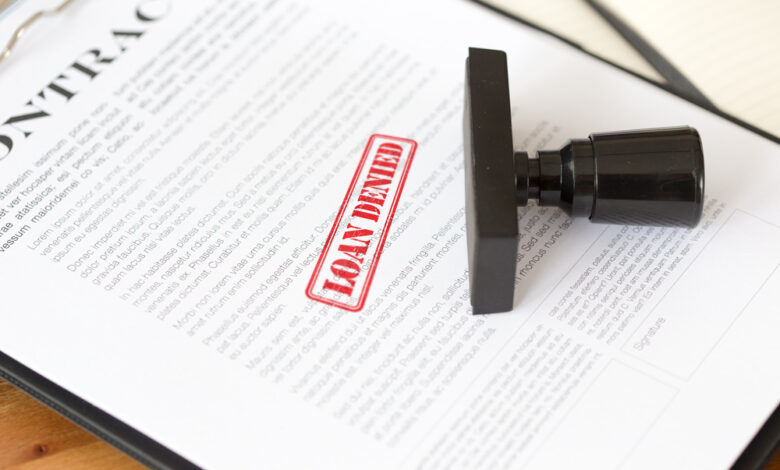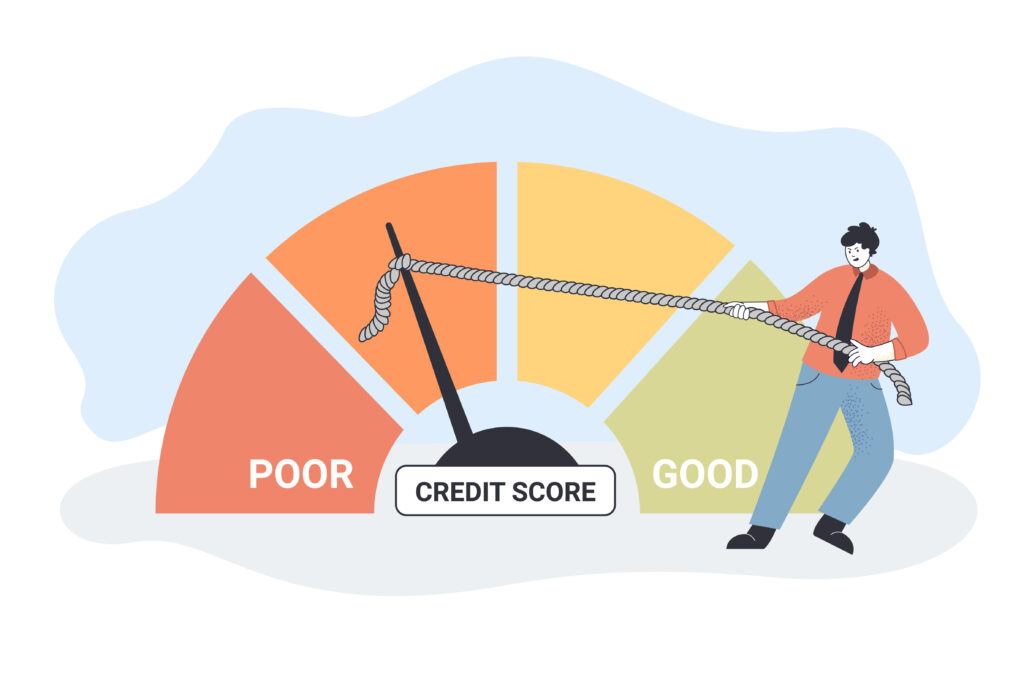What Happens If You Have A Bad Credit Score?

Due to the growing number of people who borrow money beyond their means, many lenders and other financial institutions have become stricter regarding their eligibility requirements. Aside from proof of income and other financial sources, they run credit checks to see if the borrower has the ability to pay the loan. But if they find that the debtor has a history of being financially irresponsible, they’ll deny the loan application without hesitation.
That being said, people who need funds should have a good credit score for financial purposes. According to Investopedia, a credit score refers to a number ranging from 300 to 850 that signifies an individual’s ability to pay their debts and other monetary obligations. It’s usually based on several factors, including repayment history and number of debts. It’s also used by lenders to assess the borrower’s creditworthiness.
But what if you have a bad credit score? Read on to know what happens if you have bad credit standing.
What Is A Bad Credit Score?
Essentially, a bad credit score refers to a score below 670 based on a credit scoring model like FICO, short for Fair, Isaac, and Company. It indicates that the borrower has difficulty making loan repayments and managing debts and other finances. In most cases, having a credit score is akin to having a bad grade in school or getting a bad result in an assessment.
For this reason, getting a poor credit score can be frustrating, as it can adversely impact one’s life in several ways.
What Happens If You Have A Bad Credit Score?
Generally, having a bad credit score can make life more challenging. Although there are steps that can help improve your credit score, the process might take a long time, which means you’ll still deal with its adverse consequences for a certain period.
The following are the things that might happen if you have a bad credit score:
- Your Loan Applications Might Not Get Approved
Since traditional banks and other financial institutions have strict qualification standards for their borrowers, you might not be eligible for a specific loan product if you have a poor credit score. According to CNBC Select, which interviewed a financial expert on the topic, limited or nonexistent access to mainstream funding is a practical effect of dealing with a bad credit score. This means the lenders will more likely deny your loan application once they find out your credit score isn’t very good.
Fortunately, borrowers with bad credit can still obtain the funds they need. There are online lenders who offer financial products, like payday loans, to people with poor credit scores. These loan providers don’t require a high credit score as an eligibility requirement. To know more about how these payday loans work, you can get information from mycanadapayday.com and other related websites.

- You Get High Interest Rates
Even if you manage to get a loan, the lenders will consider you a high-risk borrower due to your bad credit score. In that case, they’ll charge you a high interest rate for your loan, which, in turn, will cost you a considerable amount of money throughout the loan term.
Depending on your situation, paying more on the interest rate may break your bank account and pocket. Also, this financial dilemma will stick for quite some time until you pay your loan in full at the end of its term.
- You Pay Higher Insurance Rates
Many insurance companies utilize credit-based insurance scores to calculate the amount of premium their clients have to pay. If you have a better credit standing, the insurance provider will allow you to get the lowest possible rate. But if you’re taking out an insurance policy and have a poor credit score, the insurance service provider will more likely charge you high insurance premium rates.
If you have an existing insurance policy, a significant decrease in your credit score doesn’t automatically raise your premium or cancel the contract. However, a bad credit score will stop you from availing yourself of better premium rates over the policy’s duration.
- You Can Get Denied For Employment
Based on a 2016 CareerBuilder Survey, 72% of employers conduct background checks on job candidates as part of their recruitment procedure. Out of this 72%, 29% said that they check the credit score to determine if the applicant should be considered for the job. This is especially true for job positions that involve handling or managing money.
Given these circumstances, you might get denied employment if your credit score indicates that you’re not creditworthy. Unfortunately, with a bad credit score, your ability to work and earn money may be restricted.
Conclusion
With the information mentioned above, it’s clear that having a bad credit score can be frustrating, as it will affect various areas of your life. Luckily, there are several options that can help you survive the consequences of a poor credit score. While you navigate this financially difficult situation, you can take some steps to improve your credit score and achieve better financial health.



